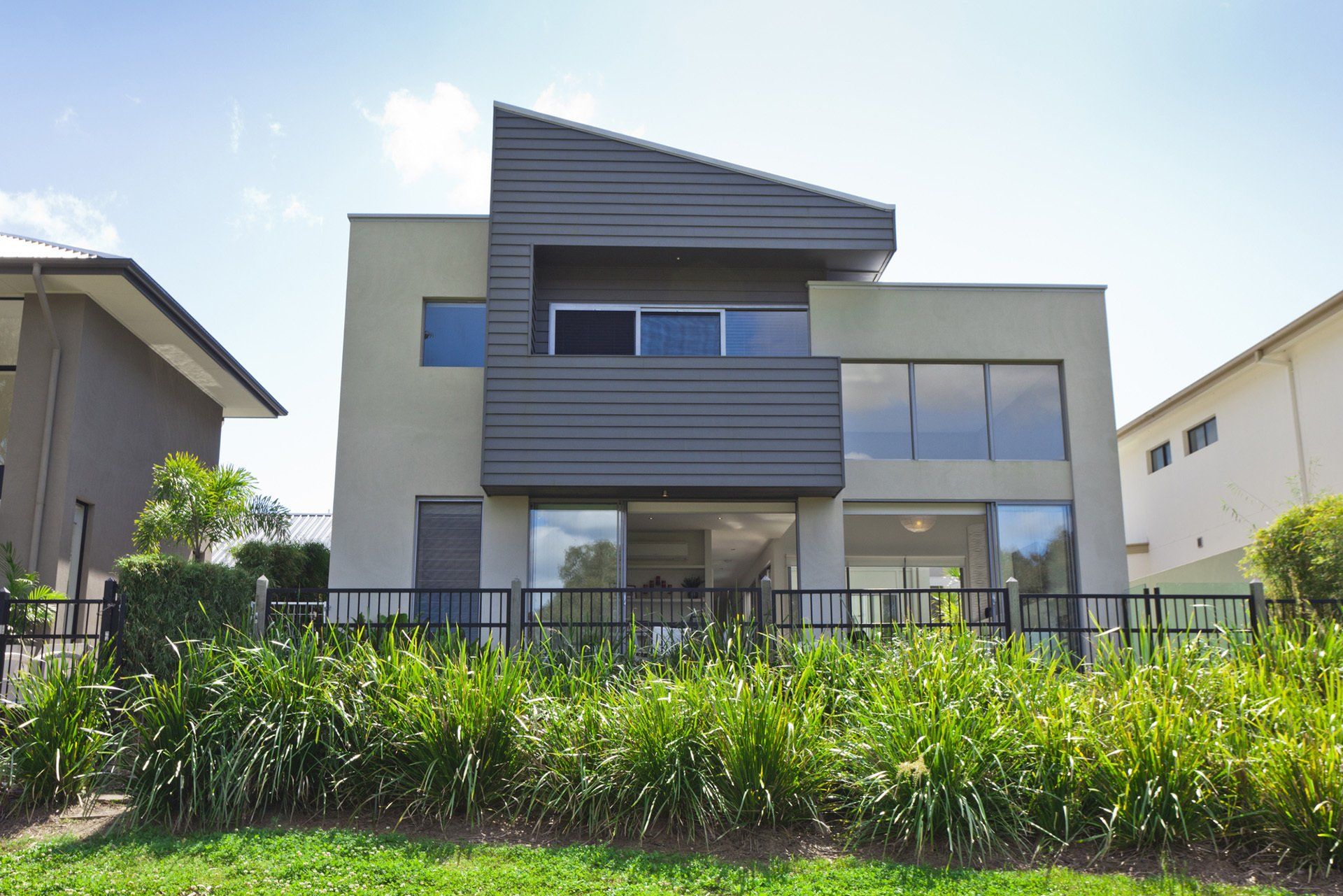ATO’s Focus for 2020-2021
What will the ATO be focusing on when you lodge your 2021 tax returns this coming year? We list some of the key areas.
The government has extended its temporary shortcut method for calculating working from home expenses that was implemented due to COVID. You simply need to keep a record (through diary entries, timesheets, or roster) of the number of hours per week worked form home. The method is all inclusive, so it covers all your running costs, cleaning, cooling, heating, lighting, internet, telephone, and depreciation of home office equipment like laptops.
With April 2021 ABS figures show 36% of people working at least one day a week from home, it looks like this trend will continue.
The ATO’s scrutiny of work-related expenses has been beneficial as claims fall by $1bn as a result of this focus. They will continue to look at individuals who have deductions much higher than others with a similar job and income and also those who simply copy and past previous year’s claims without evidence. In short, if you have evidence for your claim, you have nothing to fear.
The ATO have an app called ‘My Deductions’ which can be used to track expenses throughout the year and can be shared with tax agents.
The concern is many taxpayers think cryptocurrency gains are tax-free, above the law, or only taxable when converted to Australian dollars. If you are buying, gifting, or trading between cryptocurrencies, we recommend discussing this with us as this may need to be included in your tax return.
The Australian Taxation Office (ATO) cryptocurrency data-matching program has been in place since April 2019. Under the program, we have collected data on cryptocurrency transactions for the 2014-15 to 2019-20 financial years. The ATO are now collecting data up to and including the 2022-2023 financial year.
This year the ATO will write to 100,000 taxpayers with cryptocurrency assets to explain their tax obligations and ask them to review previous returns. Some 300,000 taxpayers will also be prompted to report CGT gains and losses.
Airbnb
Investment properties are still under scrutiny by the ATO, so you need to ensure you are including all rental income including Airbnb. Airbnb and similar accommodation websites report data to the ATO, so therefore it is important that this income is not omitted, even if it is only minor and for your principal place of residence.
You also need to ensure you are only claiming deductions that are permissible. You cannot claim for interest during periods when the property is not available for rent, or when redrawing on loans for personal expenditure. You also need to be careful on renovation and general upkeep costs.
ATO data matching
The ATO receives data from a rate of organisations such as banks, state revenue offices, motor vehicle and share registries, land title offices, accommodation sharing platforms and cryptocurrency platforms.
They match this income to your individual tax return to ensure you are declaring all your income. If the ATO identify a mistake, they will write to you. It is important that if you realise you have omitted information or made an error that you speak with us to rectify this as soon as possible.
~ from the Accounting division at the Sunshine Coast office
Latest News










